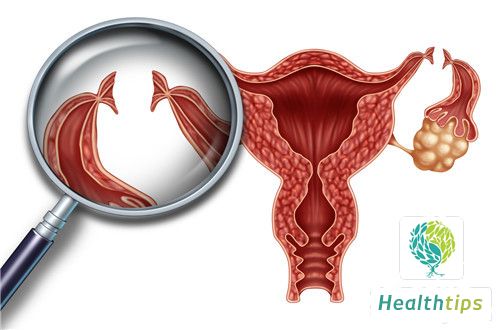How Can Pregnant Women With Low Protein Levels Supplement Their Protein Intake?

During pregnancy, women have high demands on physical health, as their physical health also affects the development of the fetus. Therefore, it is essential to supplement protein promptly when protein levels are too low after pregnancy. If protein levels are low after pregnancy, protein powder can be consumed to supplement protein, and dietary adjustments and intravenous infusions can also be used to improve the issue of low protein levels.
1. Protein Powder: After pregnancy, women can consume protein powder appropriately. The main purpose of consuming protein powder is to supplement protein. As the baby grows in the mother's body, it is easy for protein intake to be insufficient. For pregnant women, consuming protein powder is a very effective way to supplement protein. However, it is essential to consume protein powder in moderation based on one's own nutritional status.
2. Food: Food can also help supplement protein. There are many protein-containing foods, such as chicken, duck, fish, meat, and milk. For a normal person, the amount of protein intake is generally around one gram. Therefore, a normal person weighing 60 kilograms requires approximately 60 grams of protein daily, including soy products, milk, eggs, etc. These foods can meet our protein needs.
3. Intravenous Infusion: Intravenous infusion of protein can also improve the problem of low protein levels, and it is important to actively identify the cause of low protein levels. During pregnancy, women should strive for comprehensive nutritional balance. In addition to consuming high-protein foods, they should also pay attention to appropriately supplementing fresh vegetables and fruits, which is beneficial to the development of the mother and fetus. During pregnancy, it is also essential to maintain a good mood.



















